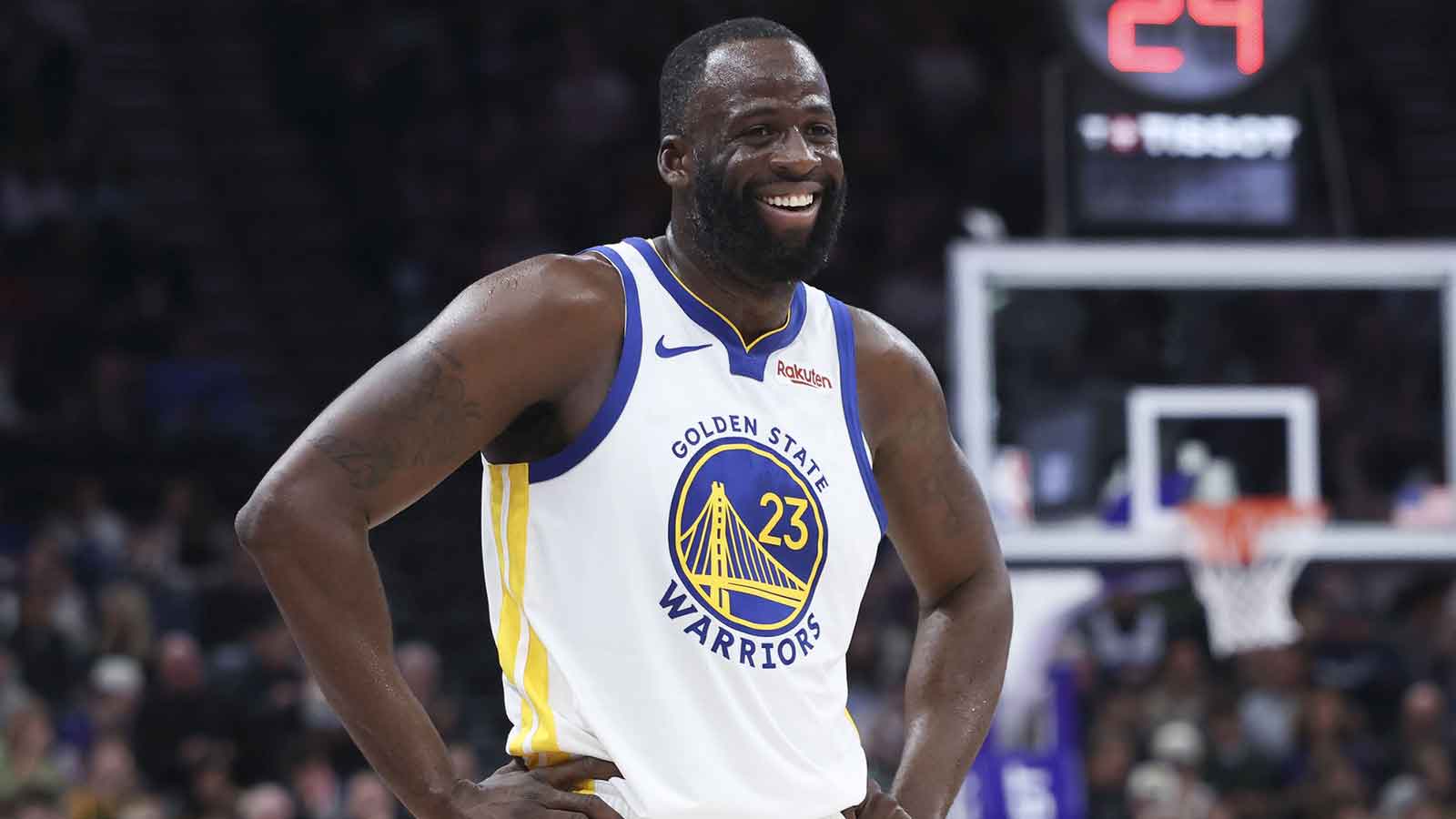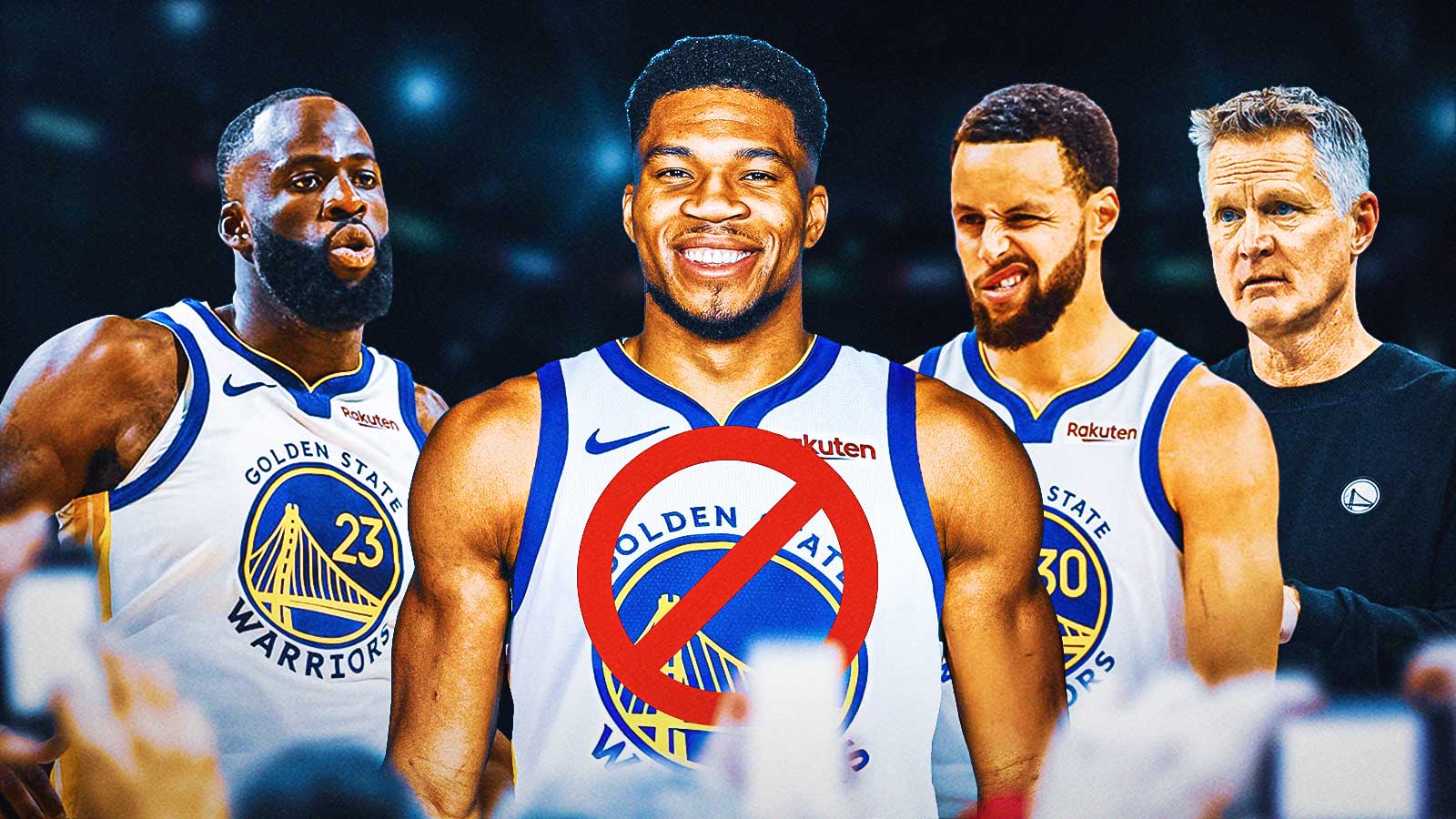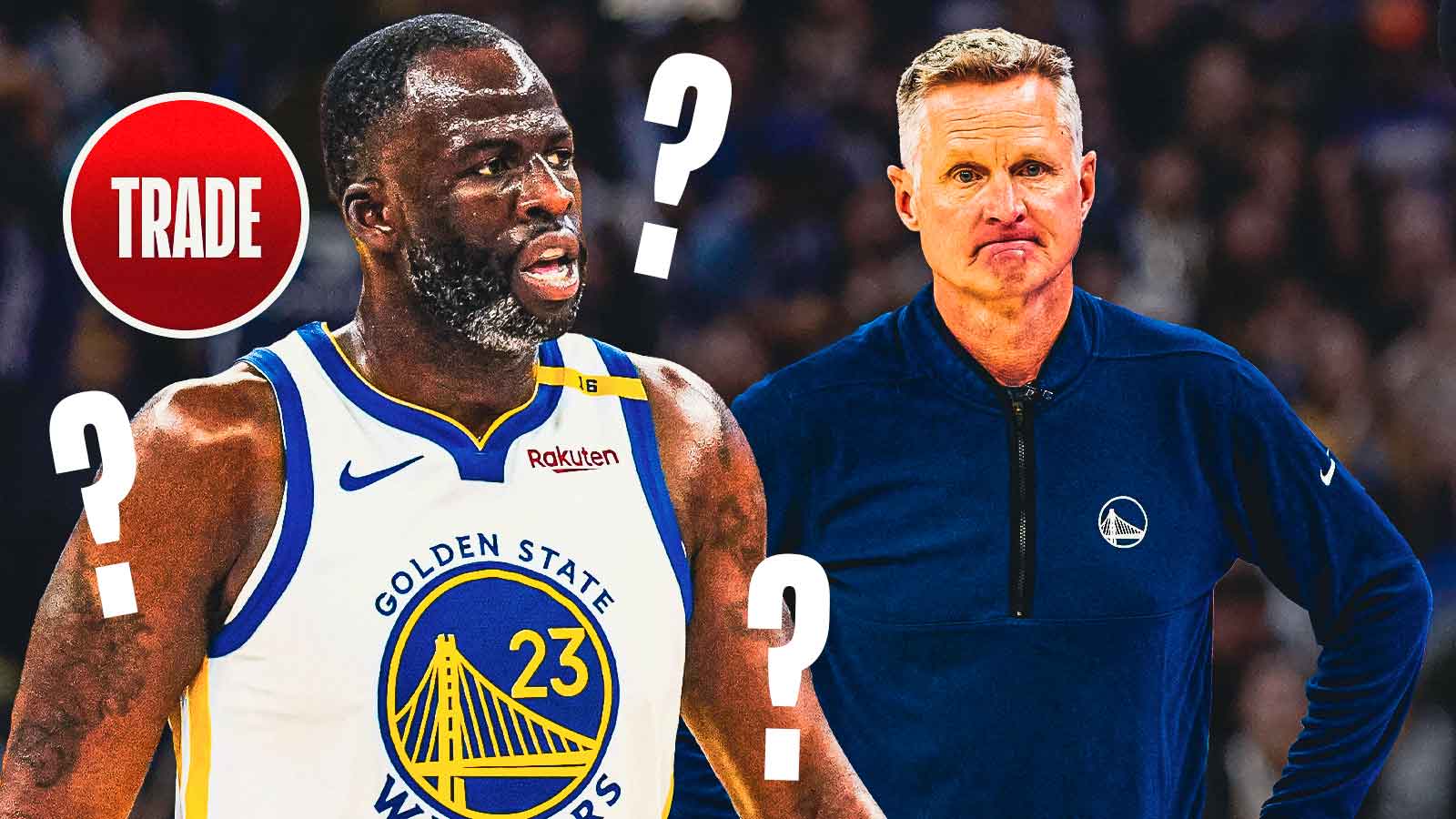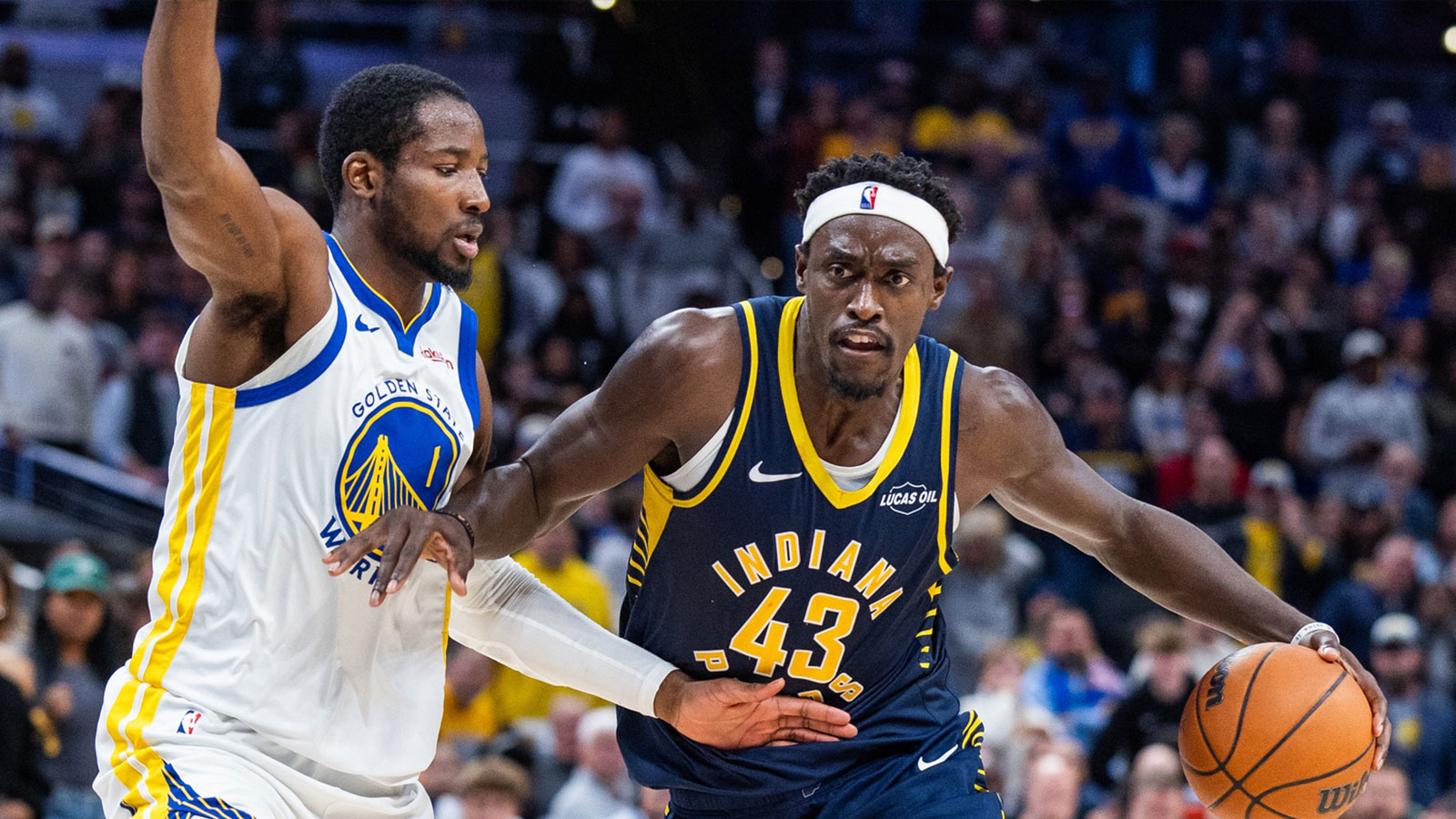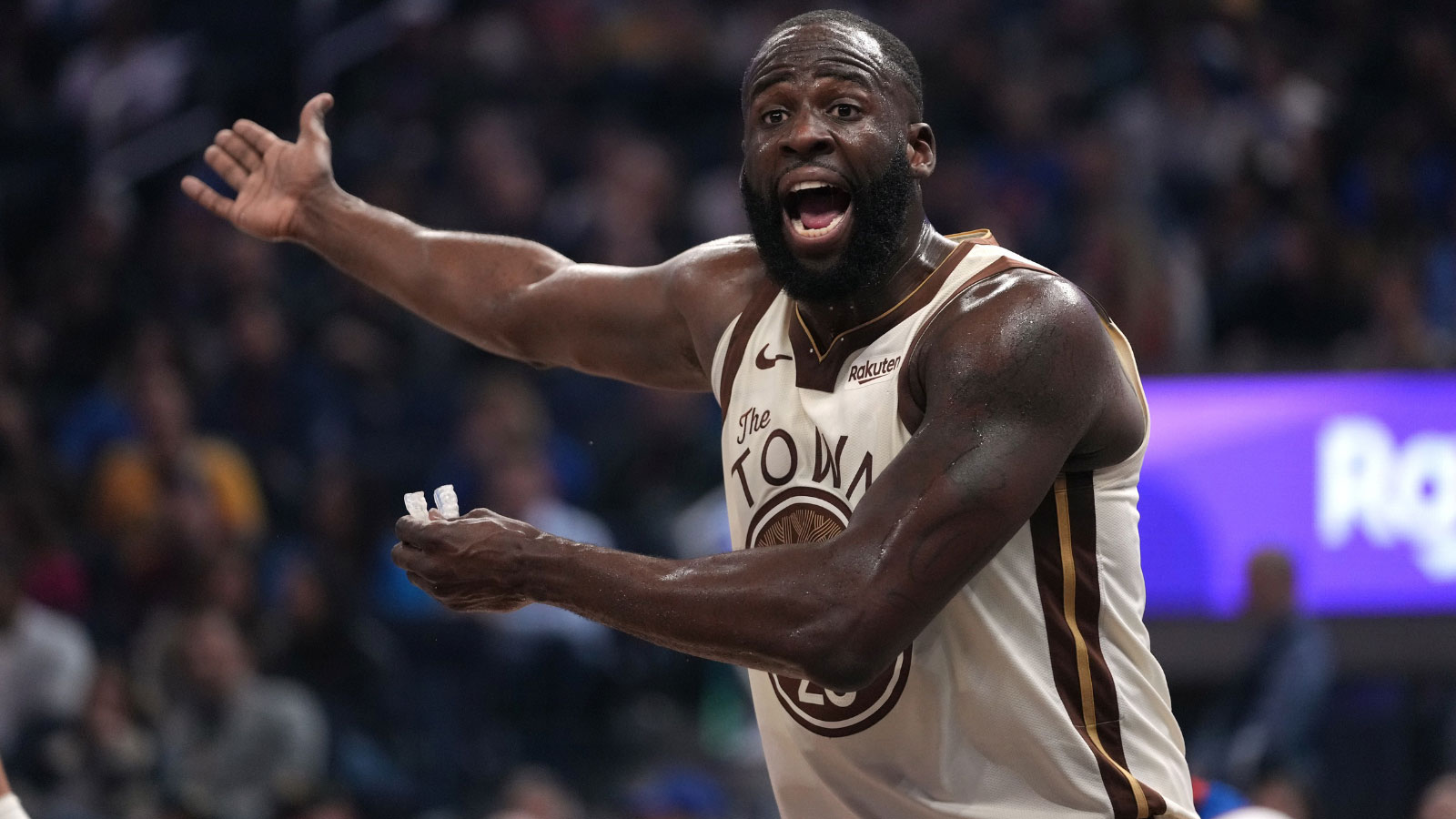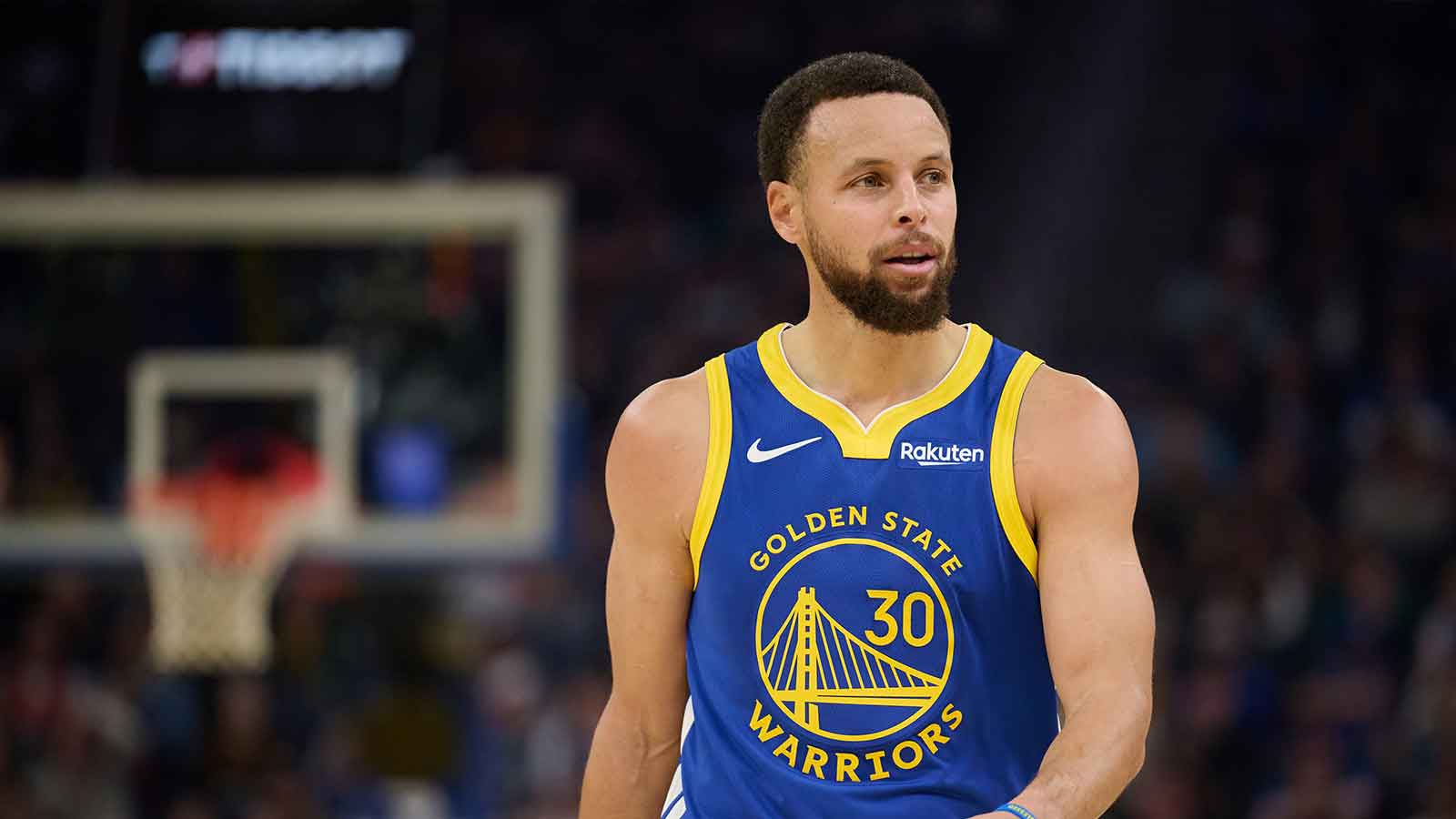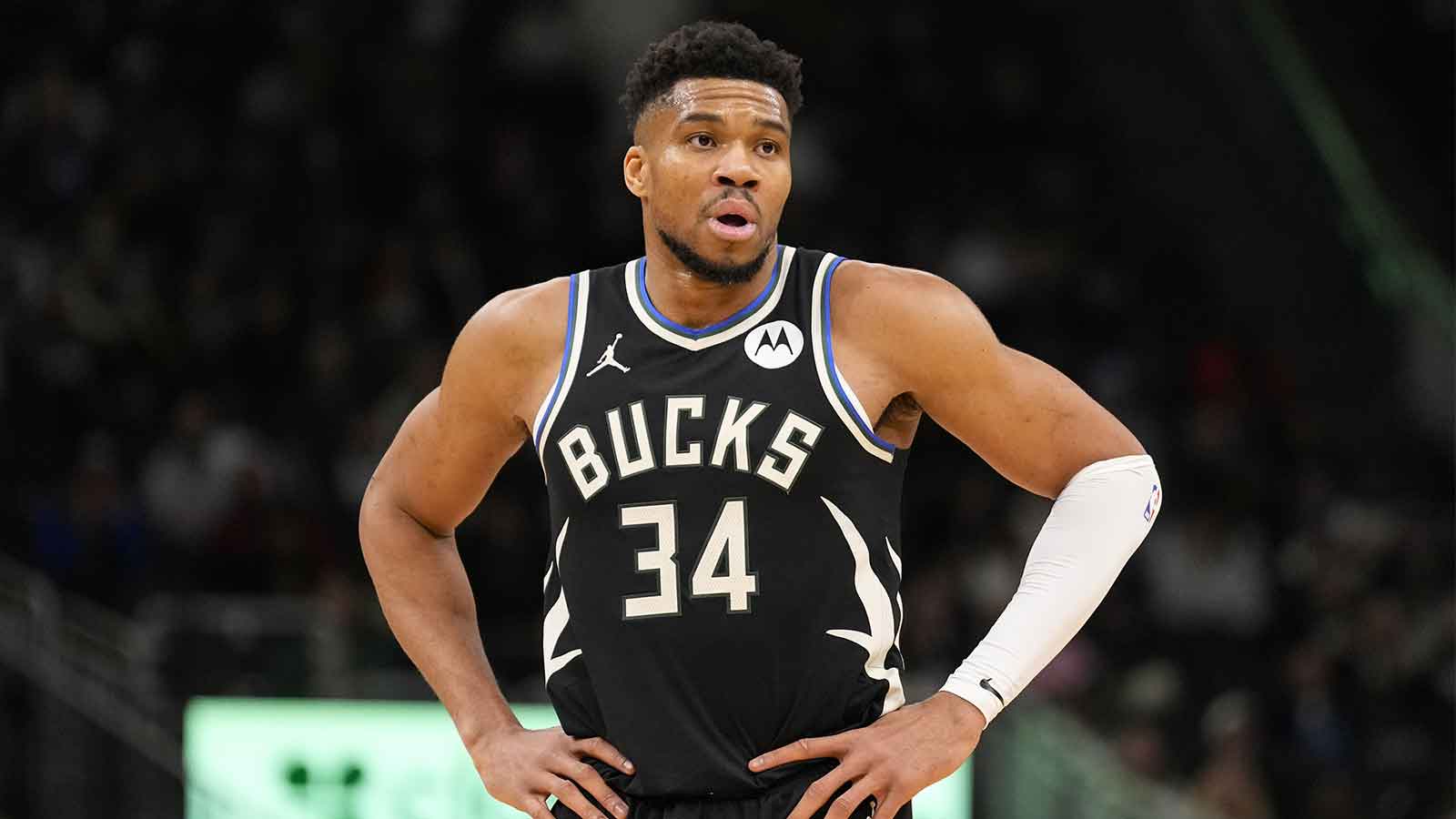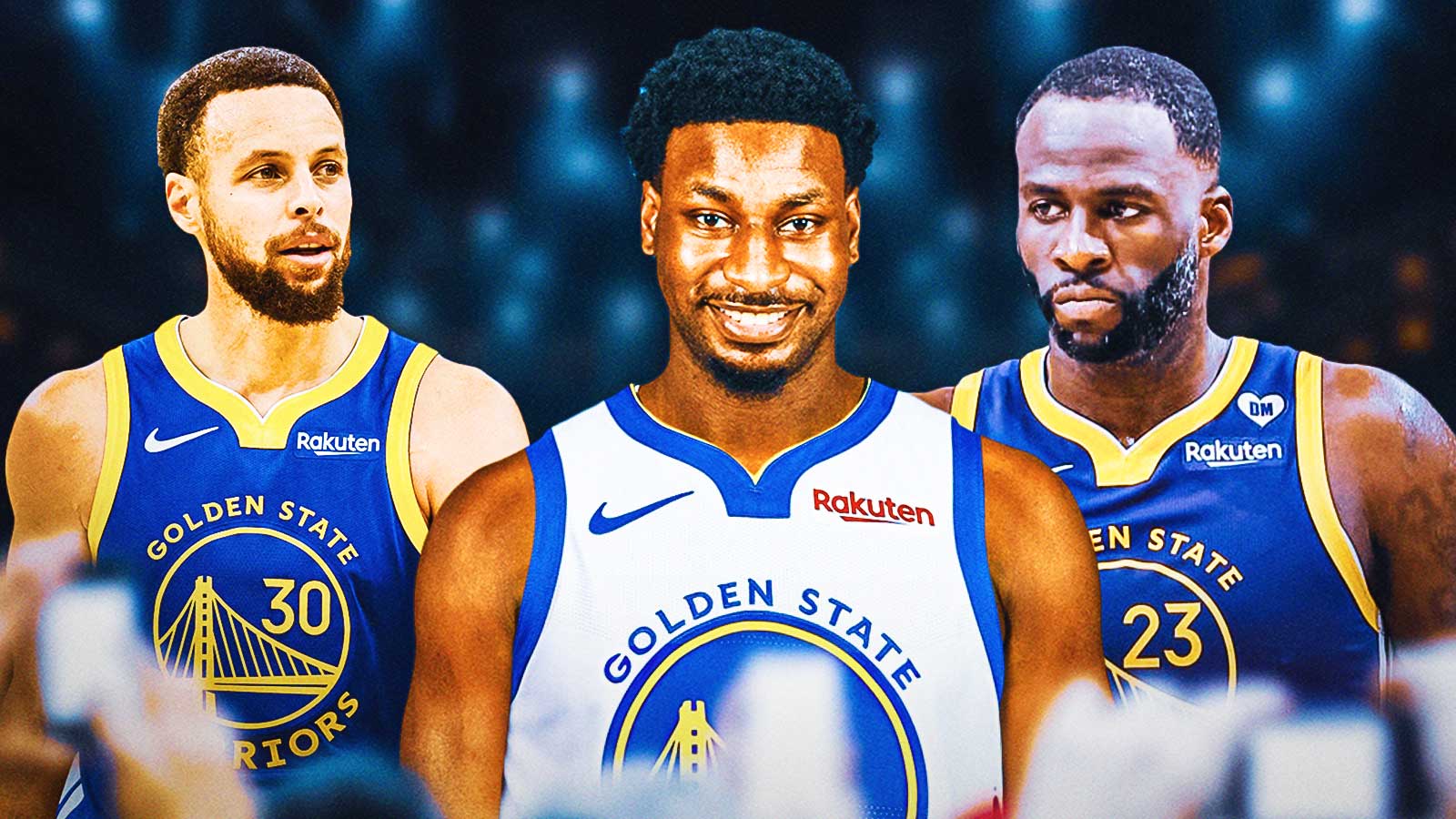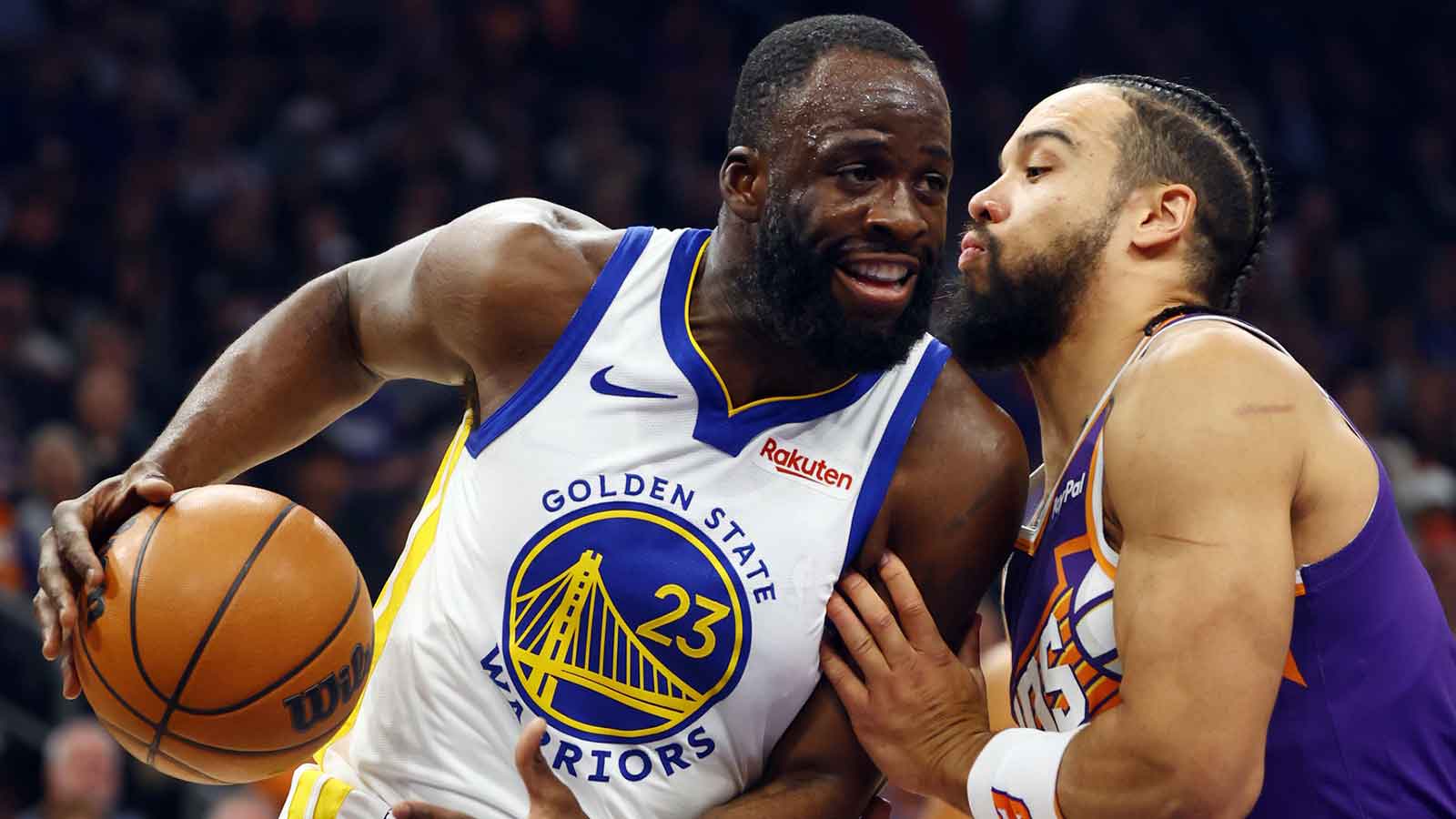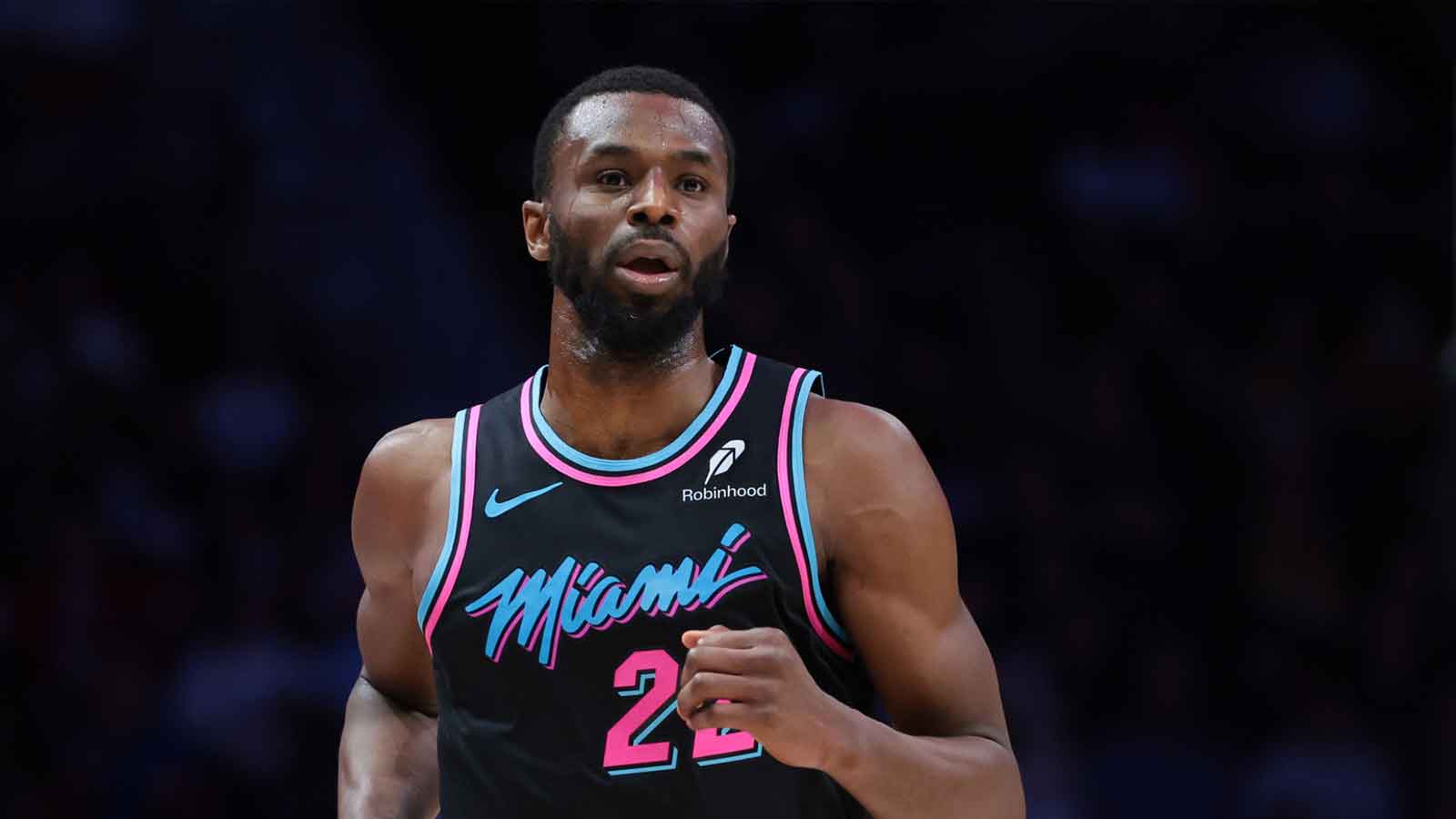The backlash to Kevin Durant‘s decision to leave the Oklahoma City Thunder for the Golden State Warriors has extended to every corner of the NBA world. Statements about him “taking the easy out” and about how “Michael Jordan would've never done this” have come from former players, current players, coaches, and members of the media. One of the most likable players in the league is now commonly referred to as a villain.
Durant does, however, have some people in his corner outside of the Bay Area.
Matt Barnes, who played for a number of teams in the Western Conference that went toe-to-toe with KD during his time in OKC, stood up for Kevin Durant's decision, and he had some an interesting reason for doing so.
Barnes, from an episode of Big Boy TV:
“I think it's dope. It's obvious that they have a superteam now and there won't be very much parity in the league.
“But I think it's cool because at any given time, the NBA can trade you, cut you, waive you, they wash their hands with you and it's the business. But when a player takes the power into his own hands and goes to another team he's the bad guy.”
Barnes similarly did not have a problem with LeBron James‘ decision to join the Miami Heat back in 2010 (he didn't like how LeBron went about it, though):
“I didn't agree with the way LeBron went to Miami but LeBron wanted to go somewhere else, and all of a sudden he's the worst guy on earth. Kevin Durant wants to go somewhere else, take less money to go win, and now he's the worst person on earth. The way they try to spin that is crazy to me.
“Teams can do whatever they want with you, it's your life and they can throw you away, and it's like ‘OK that's the business' but when a player does it they're a villain.”
This is a good point that should be given much more consideration. When teams part ways with popular players by letting them go in free agency or in trades, they can justify the moves as business decisions. The same level of loyalty that fans and the media expect from players is not extended to the teams and front offices that they play for.
Of course, those upset with Durant's decision aren't claiming that there's anything wrong with his right to do so as a free agent. They're consumed by the idea of a 73-win team adding a player of Durant's caliber.
Still, it's interesting that this sort of double standard exists. I suppose it's the nature of the business, as the cliche goes.
(h/t to William Lou of TheScore)









